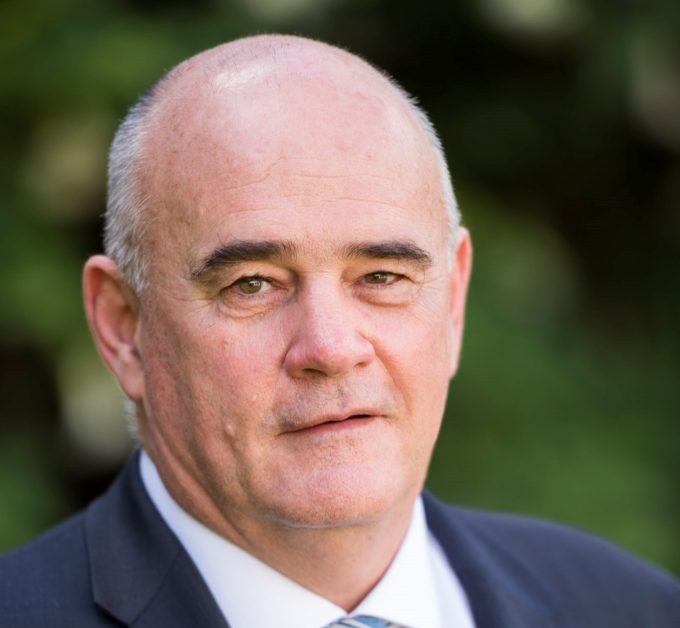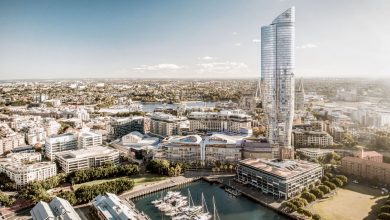
Ferguson: Why we support the umpire’s decision
AHA chief talks small business, minimum wage and the worker
The lowest paid Australian workers by now would have started to benefit from the Fair Work Commission’s decision to grant its third consecutive above-inflation wage rise.
As many of you will no doubt be aware, at the end of May the FWC’s minimum wage panel handed down its verdict on the 2018-19 annual wage review. It decided to raise the minimum wage by three percent in modern awards – an increase of $21.60 per week, or 56 cents an hour (bringing it to $19.49 an hour).
[pro_ad_display_adzone id=”15046″ align=”left”]As an editorial in The Australian newspaper noted a day after the decision was handed down, our minimum wage workers are among the best paid in the world – and the AHA has no argument with that. In the USA, for comparison, the minimum wage has been at $US7.25 ($AU10.50) an hour since 2009. Even in the socialist mecca of California the state minimum is $12 for employers with more than 25 employees.Here in Australia we have seen minimum wage rises from the FWC for the last three years.
In 2019, the AHA had originally argued for a wage increase of no more than 1.8 percent – or about $12.45 a week. We did this on the basis that it would see incomes rise, while still protecting the bottom line for small businesses – many of which are struggling with ever rising costs (especially energy) or have the double whammy of spiralling costs and being based in areas like drought stricken regional NSW. They are the ones who actually keep people employed.
I note the Australian Chamber of Commerce and Industry also asked for an increase of 1.8 percent, while the Australian Industry Group wanted two percent – both similar to what was pushed by the AHA.
Compare that to the whopping six percent increase – $43.15 a week – demanded by the Australian Council of Trade Unions (ACTU) – a figure which, if adopted, would have been a slap in the face for the national economy.
The AHA – and Tourism Accommodation Australia – was glad to see common-sense prevail, especially given the union scaremongering and the talk by some on the Opposition side that the May election was a ‘referendum on wages’.
We support the ‘independent umpire’s’ decision on 30 May 2019 to arrive at three percent, when compared to the ACTU’s application which would have been a real hit for struggling businesses.
We also note the FWC’s president Justice Iain Ross explained the increase was smaller than in previous years; “…having regard to the changes in the economic environment (in particular the recent fall in GDP growth and the drop in inflation) and the tax-transfer changes which have taken effect … and which have provided a benefit to low-paid households…”
This is plain common sense – the last thing the economy needs is another hit and for everyone to suffer.
It’s also important the FWC president was satisfied the determination “… will not lead to any adverse inflationary outcome and nor will it have any measurable negative impact on employment…”
We all want to see wages grow and businesses thrive and we need to all work together to ensure this happens.
That’s why the Australian Hotels Association support’s the most recent decision by the FWC – which delivers a wage rise business can live with – especially in the face of a scaremongering campaign which could have drastically affected employment levels if the ACTU had had its way
Stephen Ferguson is CEO of the Australian Hotels Association






The compromise presented by the FWC and Key Interests appear to be justifiable given the softness of the market conditions.